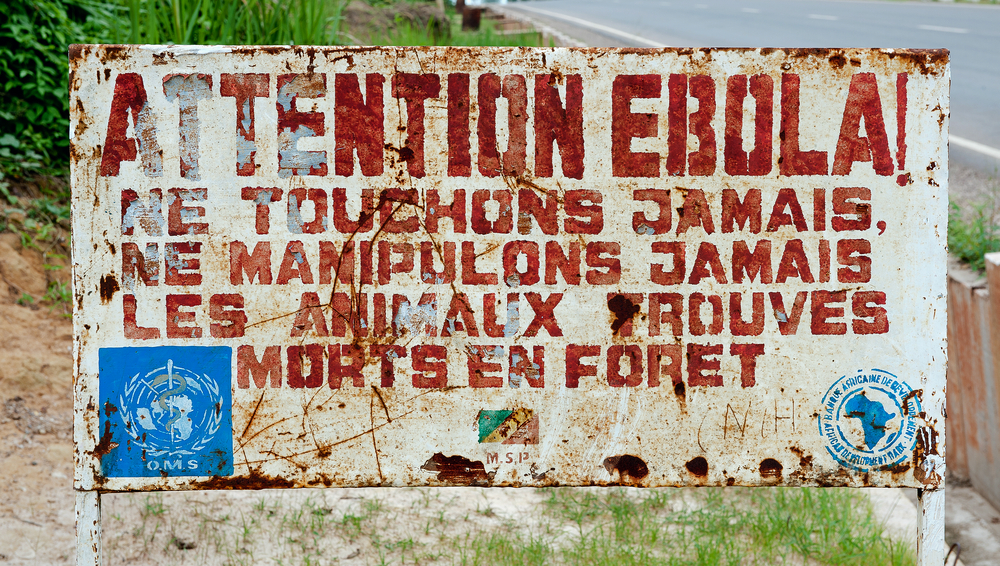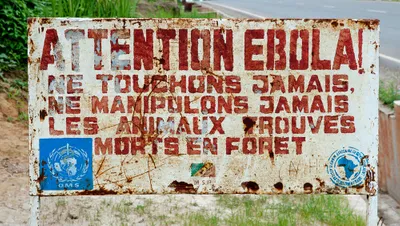The Ebola virus’ death toll continues to rise in the African nations of Guinea and Liberia. The World Health Organization now estimates that 142 people have died after being infected with the deadly virus.
First discovered in Zaire in 1976, the Ebola virus is one of the world’s most lethal illnesses, claiming roughly 9 in every 10 people who become infected. After an infection has occurred, the Ebola virus spreads through a victim’s blood to other parts of the body. It then begins to attack the immune system, the result being an incredibly high fever accompanied by headache and significant muscle pain. Internal bleeding can also occur as the virus proceeds to kill its victim within a few days.
The West African Ebola epidemic going on right now represents the most significant Ebola outbreak since 2007, when the virus killed 186 people in the Democratic Republic of the Congo, which is located in central Africa.
The Guinea and Liberia outbreak is the first to take place in West Africa. World Health Organization officials say this may be a contributing factor in the rising death toll, as medical professionals in the region desperately try to understand a virus few local doctors have ever encountered.
The good news is that the virus hasn’t spread beyond Guinea and Liberia, with a nineteen suspected cases in Sierra Leone testing negative for the virus. But local health officials and World Health Organization experts aren’t certain when or how the West African outbreak will stop.




